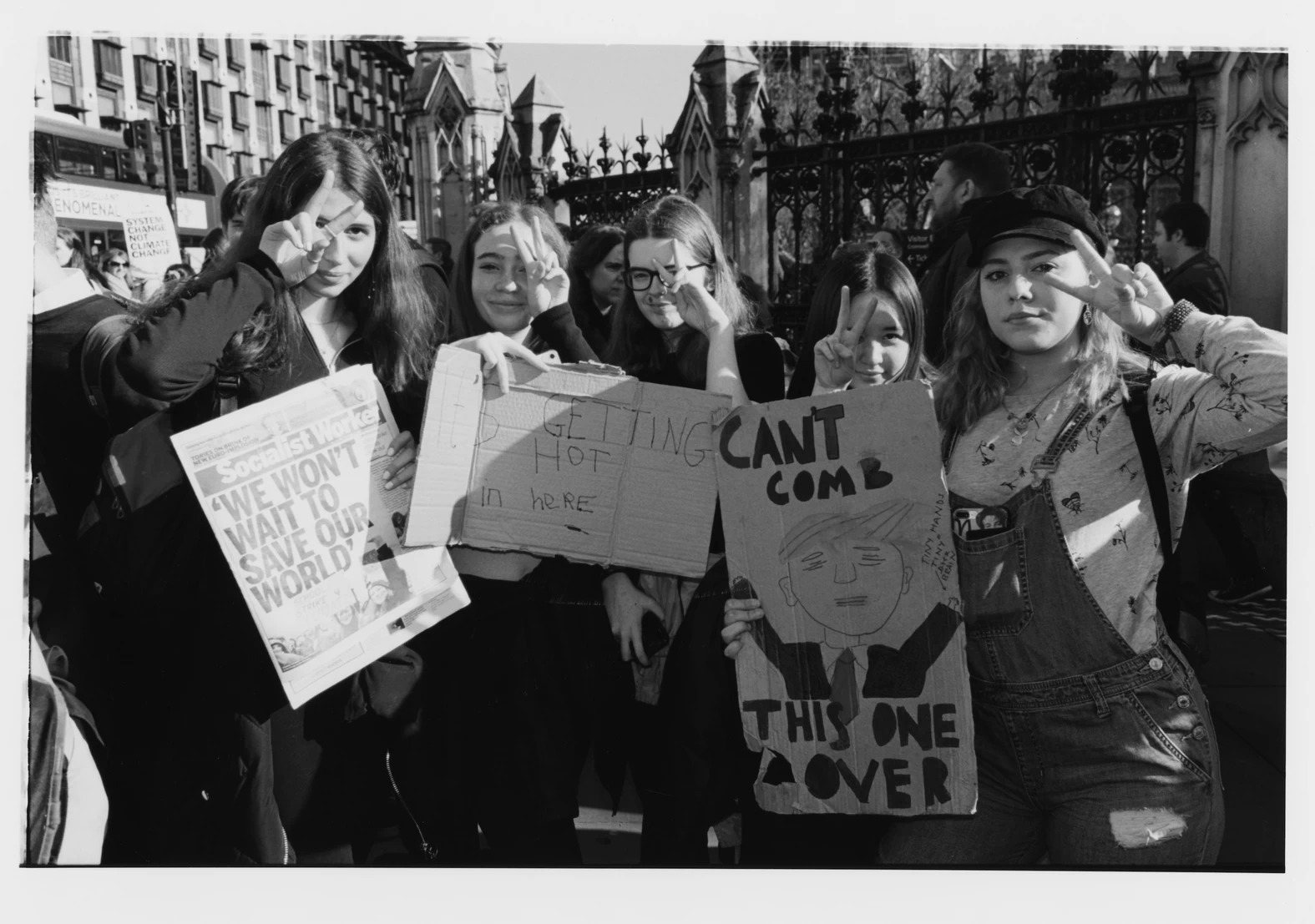More great news for the planet today. According to new analysis published by climate analysts Carbon Brief, kids born in 2019 will have to drastically decrease their carbon footprints in order to help counter the disastrous effects of climate change.
As reported by The Guardian, those born in 2017 will have a 90% lower carbon budget than baby boomers born in 1950. This involves cutting global emissions from energy, transport and food farming and consumption if the Paris Agreement goals of limiting global warming to below the ideal increase of 1.5C.
While those born in 1950 had a lifetime CO2 allowance of 794 tonnes, people born in 2017 can, on average, only emit an eighth of that number if the planet’s temperature is to rise by only 1.5C, the minimum needed to prevent climate apocalypse. It’s a prime example of why the school protests regarding governmental and commercial inaction surrounding climate change are so important. To help figure out your own carbon budget, Carbon Brief have created an interactive graph which you can use here.
Speaking to The Guardian, Jake Woodier at the UK Student Climate Network said that it was the duty of those in power and business leaders who have “benefited from a much higher lifetime carbon budget” to act. “Without appropriate action, those in power are sacrificing our tomorrow for their today,” he said.
Naturally, there is a disparity between countries when it comes to the amount of carbon emissions per person. In America, the average citizen uses 16.9 tonnes per year, while in India that number is dramatically lower at 1.9 tonnes.
According to Carbon Brief, while there are two approaches to reducing carbon footprints that factor in this disparity, the most effective way would be to create a global carbon budget for each citizen across the world. This means that those born in 2017 would have an even lower lifetime carbon budget than 86 tonnes. However, in their report, Carbon Brief note that, given the disparity between countries, this might be hard to achieve as emissions in the United States “would need to fall rapidly towards the global average while those in India would immediately rise”.
Either way, the analysis shows the complacency when it comes to previous generations and their carbon usage while highlighting just how work needs to be done to save the planet from the cataclysmic repercussions of climate change. To read the full report and see Carbon Brief’s methodology, visit their website www.carbonbrief.org.

